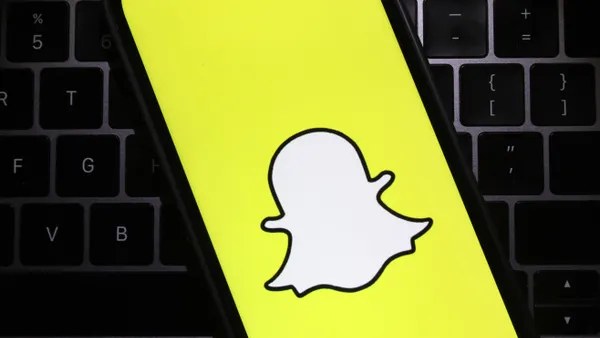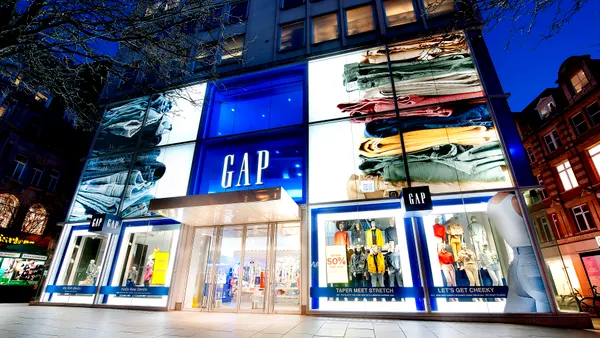Brief:
-
The BBC is launching an augmented reality (AR) application to accompany the broadcast of its upcoming “Civilisations” series that explores British history and culture, per VentureBeat. The AR app features digital renditions of significant museum artifacts that let people examine them more closely using a mobile device, per the BBC.
-
The nine-part series will air on BBC2 and will be accompanied by a Civilisations Festival that includes more than 250 museums, galleries, libraries and archives in the UK. The mobile app’s AR exhibits will include an Egyptian mummy from the Torquay Museum, Rodin’s The Kiss from the National Museum of Wales and the Umbrian Madonna and Child from the National Museum of Scotland.
-
The app will let users rub though layers of history and revive the initially faded sculptures to see how they would have first appeared after completion hundreds of years ago. The BBC app will be available in the coming weeks for iOS and Android.
Insight:
Last year, media companies rushed into VR storytelling this year but in 2018, the interest seems to be more around AR, with the New York Times and Sports Illustrated both having recently launched AR content. The BBC’s planned mobile app that accompanies the broadcast of “Civilisations” shows the innovative ways that broadcasters can also create more in-depth experiences for their viewers using AR, which overlays digital images on a real background seen through a smartphone camera. However, the technology may only capture the attention of the broadcaster's most loyal fans as it requires downloading an app, something not every consumer is going to take the time to do. The BBC in the past created virtual reality (VR) experiences including 360-degree videos and an immersive spacewalk.
Public broadcasters have been experimenting with AR as an educational tool for years. In 2011, PBS Kids introduced an AR game to accompany the series “Fetch! With Ruff Ruffman.” The app was intended to help kids learn basic math skills. At that time, AR was mostly seen as a gaming feature appreciated by a small group of enthusiasts.
However, gaming really gave AR technology a boost with the explosive popularity of Pokemon Go two years ago. Snapchat also helped to popularize AR technology with its Lens features to decorate selfies. Since then, Apple and Google have introduced software tools to help software developers add AR features to their apps.












